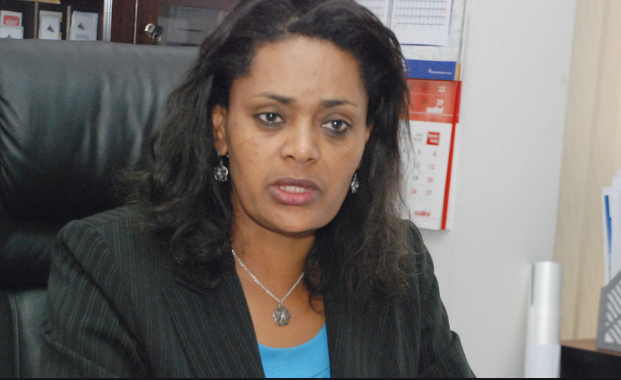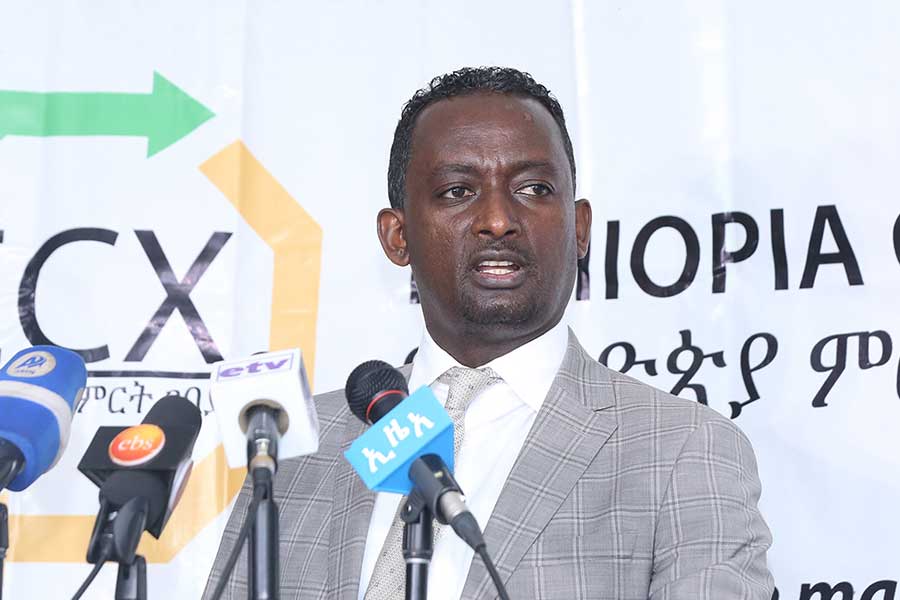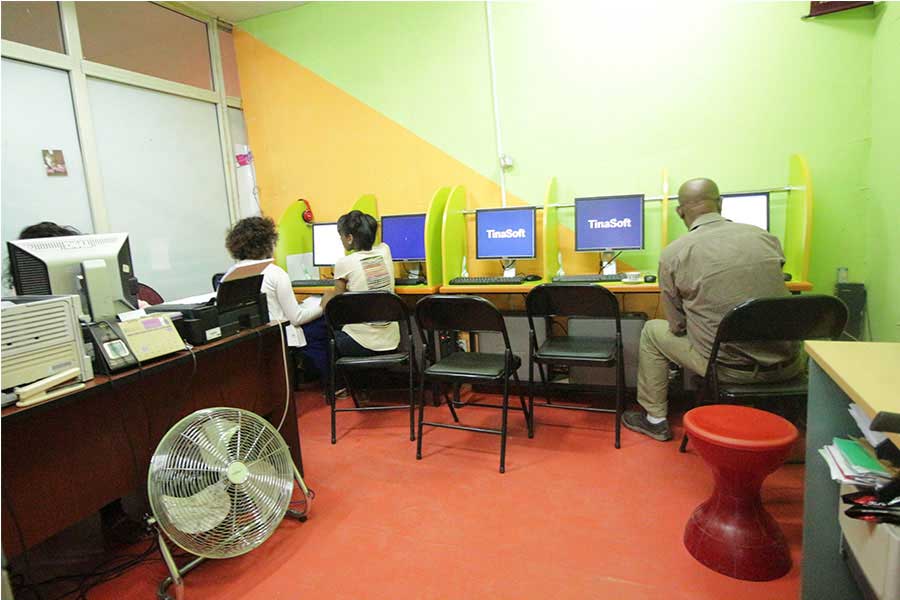
Commentaries | May 18,2024
The Ethiopian Pharmaceuticals Supply Agency (EPSA) will charge a three percent interest rate on supplies made in credit to public health institutions. The Agency’s decision comes after debts owed to it had mounted. Close to 800 million Br remained unpaid by 170 health institutions operating across the country by the end of the fiscal year ended earlier this month.
The EPSA is a federal agency supplying drugs and medical equipment to public health institutions on credit. Health centres settle arrears within two months of receiving the medical inventory. However, officials at the Agency say their clients are reluctant to pay their debts in time.
The Agency provides over 1,000 medicines and medical equipment to over 5,000 public health institutions. Last year, it supplied pharmaceuticals valued at over 25 billion Br. Health centres owed the Agency 1.6 billion Br as of last year. They settled nearly half of the debts over the past year, disclosed Solomon Nigussie, deputy director.
Established in 1976, Zewditu Memorial Hospital is the largest antiretroviral treatment centre in the county. Its antiretroviral therapy ward treats 14,000 patients each month. Its administrators say that the Hospital’s drug demand has shot up in recent years due to the COVID-19 pandemic.
Last year, Zewditu apportioned a 39 million Br budget for the procurement of drugs against the 71 million Br it spent by the end of the budget year. The Hospital’s administrators say mounting costs are a burden.
The cost of drugs has increased by 316pc in the last two years, according to Hanna Lekata, director of pharmacy.
Zewditu Memorial Hospital provides free medical services and drug support to children and senior citizens valued at 10 million Br annually. The Hospital paid off three-quarters of its debts to the Agency last year from its sources and with financial support from the Ministry of Health. Nonetheless, the Hospital owes the Agency 16 million Br.
Ambo University Referral Hospital in the Oromia Regional State has 13 million Br in arrears.
Demisew Gezahegn is the director of pharmacy at Tikur Anbessa (Black Lion) General Hospital. He says the debt pileups do not stem from reluctance on hospital administrators’ part to pay for the drugs they receive.
“We’re unable to pay due to budget constraints,” he said.
Black Lion is one of the 11 hospitals that operate in the capital. Last year, it paid 15 million Br to the Agency after securing funds from the Health Ministry. The federal government had allocated a 70 million Br budget to the Hospital to cover the cost of drugs. It bought 170 million Br worth of drugs during the same period, disclosed Demisew.
Finance officials are adamant about cutting public expenditures this year because of declining external loan disbursements and increasing global prices for commodities such as fuel, fertiliser, and wheat. The public health institutions under the Ministry’s supervision had requested a 13.2 billion Br budget for the year. However, the Ministry of Finance officials have only greenlit 70pc.
Thrifty Finance authorities advised the Health Ministry’s representatives at a budget hearing two months ago that they cover part of the proposed budget by generating revenues through increased medical bills. Hospitals raised service fees by an average of 10pc two years ago.
Daniel Gebremichael (MD), an advisor at the Health Ministry, says it requires the approval of the Council of Ministers to raise service fees again.
“The revenues hospitals collect covers less than 10pc of their expenditures,” he said. “The only way out is allocating a sufficient budget for health services.”
Demisew agrees. He argues that budget allocation should be based on demand.
“In the end, it is the public that will be affected by this,” he said.
Despite the deficit, Agency officials plan to compel public health institutions to pay for drugs and medical equipment in advance.
Unlike Zewditu and Black Lion, the Agency receives no budget from the federal government. It depends on a revolving drug fund financed from donors’ contributions and the revenues it generates. The Agency takes from the health centres it supplies a 10pc service fee.
Abdulkadir Gelgelo (MD), director general of the Agency, and his deputies are trying to revive the revolving drug fund by broadening its sources of revenue.
Their legal experts are drafting a bill allowing the Agency to borrow from domestic financial institutions and set profit margins on the sale of drugs. Officials hope the move will help the Agency to maintain constant and adequate drug supplies.
PUBLISHED ON
Jul 30,2022 [ VOL
23 , NO
1161]

Commentaries | May 18,2024

Editorial | Oct 04,2025

Radar | May 28,2022

Verbatim | Nov 30,2024

Radar | Jun 01,2019

News Analysis | Jul 07,2024

Radar | Dec 28,2019

Fortune News | May 28,2022

Fortune News | Feb 26,2022

News Analysis | Jan 05,2020

Dec 22 , 2024 . By TIZITA SHEWAFERAW
Charged with transforming colossal state-owned enterprises into modern and competitiv...

Aug 18 , 2024 . By AKSAH ITALO
Although predictable Yonas Zerihun's job in the ride-hailing service is not immune to...

Jul 28 , 2024 . By TIZITA SHEWAFERAW
Unhabitual, perhaps too many, Samuel Gebreyohannes, 38, used to occasionally enjoy a couple of beers at breakfast. However, he recently swit...

Jul 13 , 2024 . By AKSAH ITALO
Investors who rely on tractors, trucks, and field vehicles for commuting, transporting commodities, and f...

Oct 18 , 2025
The political establishment, notably the ruling party and its top brass, has become p...

Oct 11 , 2025
Ladislas Farago, a roving Associated Press (AP) correspondent, arrived in Ethiopia in...

Oct 4 , 2025
Eyob Tekalegn (PhD) had been in the Governor's chair for only weeks when, on Septembe...

Sep 27 , 2025
Four years into an experiment with “shock therapy” in education, the national moo...